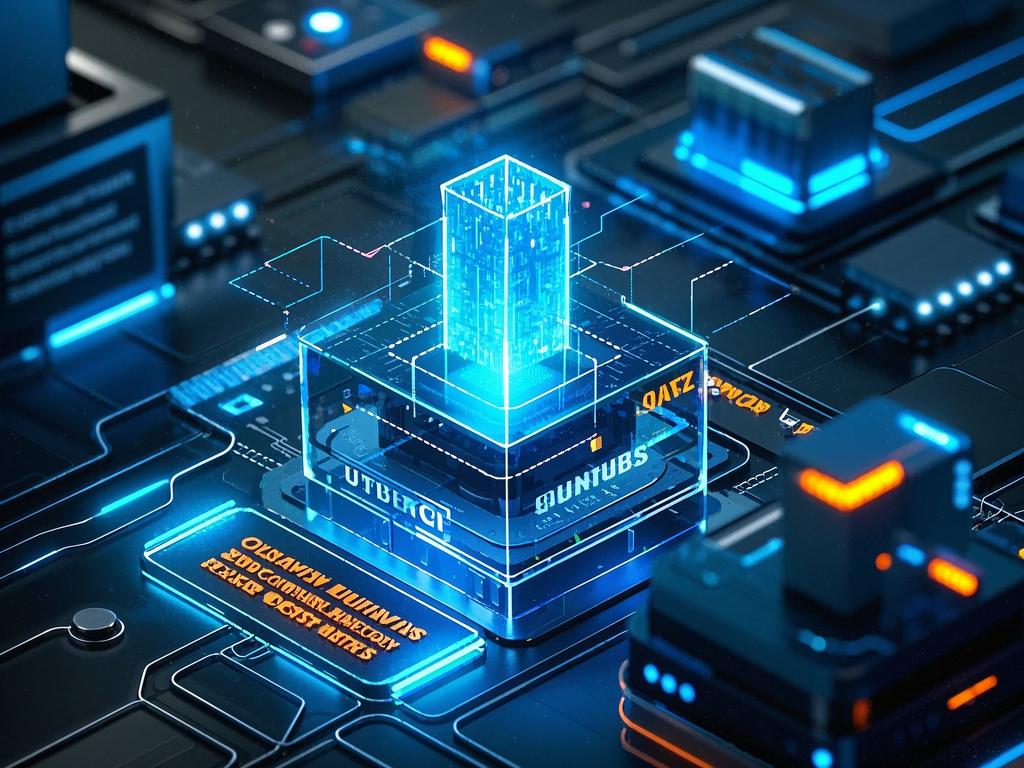
Quantum Computing for Quantum Computing Error Correction: Ensuring Reliable Quantum Computation
Quantum computing has been making waves in the tech world, promising revolutionary breakthroughs in various fields. But hold your horses! Before we can ride off into the quantum sunset, we need to tackle a crucial issue - quantum computing error correction.
Quantum bits, or qubits, are the building blocks of quantum computers. Unlike classical bits that can be either 0 or 1, qubits can exist in multiple states simultaneously, thanks to the phenomenon of superposition. This gives quantum computers the potential to perform complex calculations at speeds that are mind-blowing. However, qubits are extremely delicate. They are easily affected by environmental factors such as heat, electromagnetic fields, and even the slightest interaction with the outside world. This leads to errors in the quantum computations.
The error rate in quantum computing is currently quite high. Some estimates suggest that error rates could be in the range of 10 - 20% for current quantum hardware. To put that into perspective, imagine if your smartphone had a 10 - 20% chance of giving you the wrong answer every time you asked a simple question! Clearly, this is a major roadblock on the path to reliable quantum computing.
That's where quantum computing error correction comes in. It's like the unsung hero of the quantum world. Error correction techniques aim to detect and correct these errors before they can cause significant problems. One of the most well-known error correction codes is the surface code. It uses a lattice of qubits to perform error correction operations. By carefully measuring and manipulating these qubits, the surface code can identify and correct errors with a high degree of accuracy.
But how exactly does it work? Think of it as a kind of quantum detective work. The surface code looks for patterns of errors in the qubits. Just like a detective looking for clues at a crime scene, it analyzes the states of the qubits to figure out where the errors might be. Once it locates an error, it can use quantum operations to correct it.
Now, let's talk about the impact of quantum computing error correction on the future of quantum computing. With effective error correction, we could see quantum computers becoming more reliable and scalable. This would open up a whole new world of possibilities. In the field of optimization, for example, quantum computers could solve complex problems that are currently intractable for classical computers. Businesses could use them to optimize supply chains, reduce costs, and increase efficiency.
In the realm of cryptography, quantum computers have the potential to break many of the current encryption algorithms. But with error correction, we could develop new quantum-resistant encryption methods. This would safeguard our digital information in an era where quantum computing threats loom large.
However, there are still challenges to overcome. Implementing error correction requires a significant amount of additional qubits. This means more hardware and more complexity. It's like building a bigger and more elaborate house, but you need more bricks and a more intricate design. And the cost of developing and maintaining quantum computers with error correction capabilities is also extremely high.
But don't let these challenges discourage you! The race to perfect quantum computing error correction is on. Scientists and researchers around the world are working tirelessly to find better solutions. They are constantly pushing the boundaries of what's possible.
So, what does the future hold? Well, if we can crack the code of quantum computing error correction, we could be on the verge of a technological revolution. Quantum computers could transform industries, from healthcare to finance, from artificial intelligence to climate science. They could help us solve some of the most pressing problems facing humanity today.
In conclusion, quantum computing error correction is the key to unlocking the full potential of quantum computing. It's a race against time and the odds, but one that could lead to some truly game-changing results. Are you ready to ride along on this quantum journey? Keep an eye on the latest developments, because the future of computing might just be quantum!

